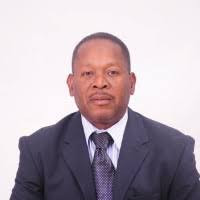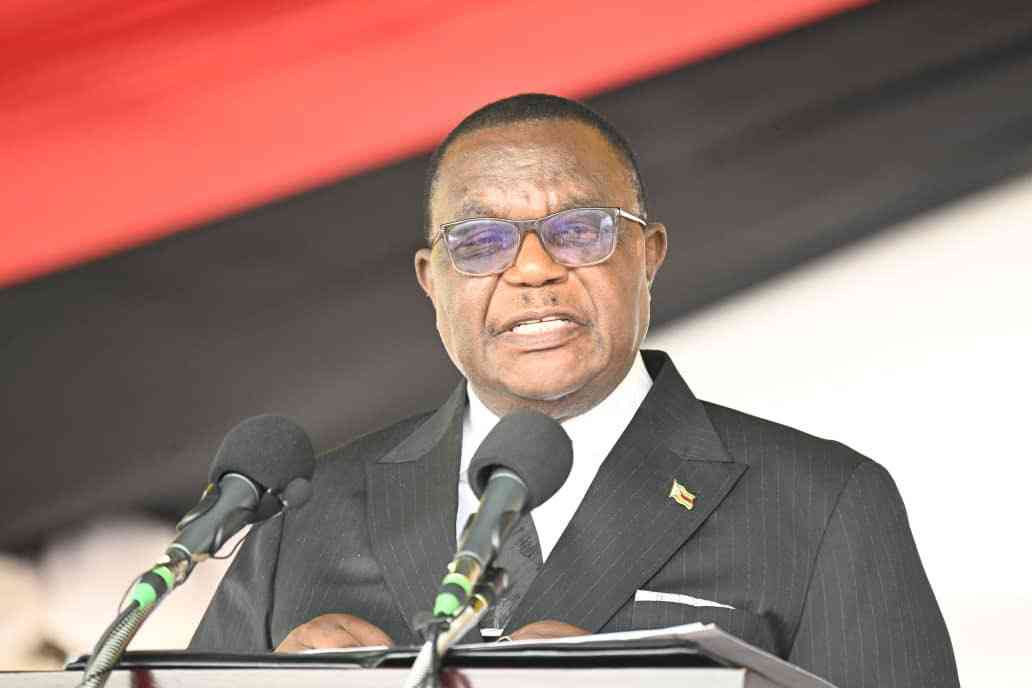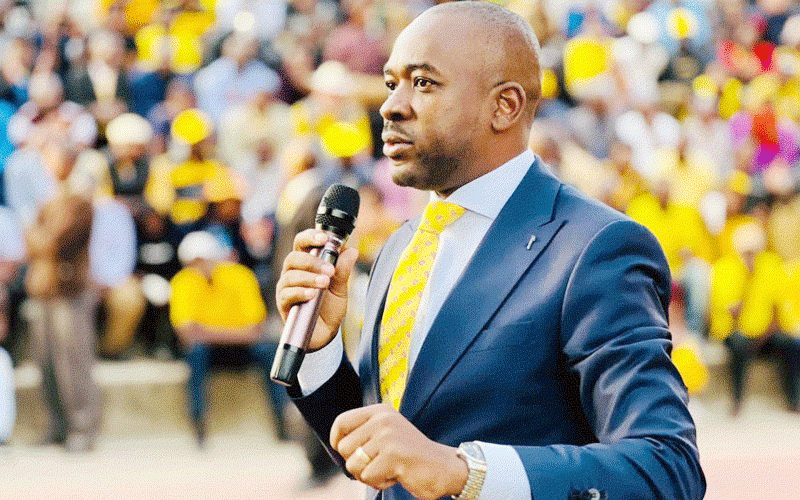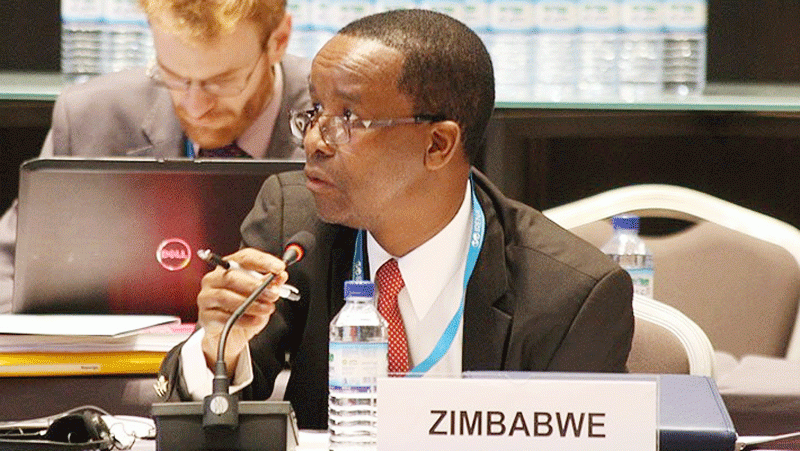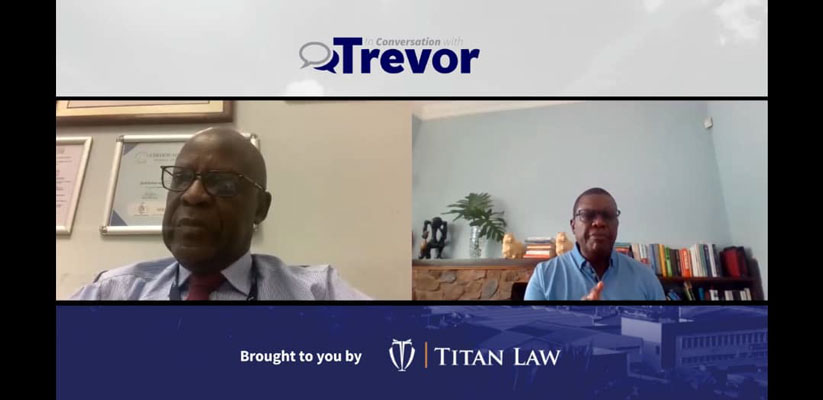
Charles Muronda, a leading Zimbabwean pathologist, says the country has to emphasise the importance of prevention and testing in its fight against the coronavirus outbreak.
Muronda (CM), who is the Lancet Clinical Laboratories CEO, told Alpha Media Holdings chairman Trevor Ncube (TN) on the platform In Conversation with Trevor, that it was important to stress that the disease is incurable, hence the need to emphasise prevention.
Below are excerpts from the interview.
TN: Charles, you were educated at the University of Zimbabwe and then you went abroad to enhance your education in the United Kingdom. Please talk to us about your education, your going to the UK and coming back to practice.
CM: I studied at the University of Rhodesia and qualified in the late 70s.
It shows how old I am, and then I went to the UK to specialise in pathology and I got my qualification or rather I was admitted to the fellowship of the Royal College of Pathologists in 1996.
TN: And then you came and worked in government, talk to me about that and then moving on to the private sector.
CM: Okay, yes, I was the director of pathology services and laboratory services in the Ministry of Health from 1992 to 2002, which is a span of 10 years, and then I joined the University of Zimbabwe as a senior lecturer in the medical school.
- Chamisa under fire over US$120K donation
- Mavhunga puts DeMbare into Chibuku quarterfinals
- Pension funds bet on Cabora Bassa oilfields
- Councils defy govt fire tender directive
Keep Reading
I was there for a good eight years before I decided to go into private practice.
TN: And you are now in private practice and you are the chief executive officer of Lancet Chemical Laboratories. Speak to me about the day-to-day work that Lancet Clinical Laboratories does.
CM: We are pathology service providers. That is our core business.
As you know, pathology is the study of diseases. It basically gives answers as to what disease process is happening in a person.
We have the answers that we give to the doctors that they then convey to you.
We are the backbone of medical services.
So Lancet Clinical Laboratories is basically a pathology service provider and our branch network spans across the whole country.
TN: So we are talking to you primarily because of the Covid-19 that we are all facing and I know you are involved in the running around. What would be the first impression that you have gotten from what the country is facing at this present moment?
CM: We have seen this thing unfolding over the last three to four months when it started as an epidemic in China in Wuhan and its evolution into a pandemic when the World Health Organisation (WHO) declared it a pandemic on March 11.
We have seen more across the globe. We have it in South Africa and we have it in Zimbabwe, so it’s something that is upon us.
In terms of preparedness, we in the private sector have not been involved with what is happening in the Ministry of Health, so I really cannot comment too much on that.
TN: But I know that you believe that there are three key things that need to be done, which is prevention, diagnosis and treatment. Shall we focus on prevention? What are the other prevention measures that we ought to be focusing on as a nation?
CM: I think it’s important to stress that this condition is not curable if you get the complications that we are seeing people developing. Therefore, prevention is very important.
It is basically the cornerstone for us to flatten the curve, to reduce the number of people that get infected.
This a condition that is created by a droplet infection. Those that have it are sneezing and coughing.
And obviously if you breathe the droplets that’s how you contract the disease.
So we have to break that cycle and the mechanisms of breaking that cycle, the cornerstone is social distancing.
That’s why you have seen most of the countries are basically on lockdown, there is minimal human-to-human contact.
Social distancing is the key. People should really stay at home and hopefully with time this virus will disappear and things will go back to normal.
There are many things that I’m sure we have all seen on the internet or social media, which are very important.
The WHO website has a lot of information about the washing of hands, sanitisers very important, avoiding to touch your nose and your mouth, that is very important, that is how you can infect yourself. So those hygienic measures are very important TN: There is a lot of debate going on about the masks. How useful are the masks? Who should wear the masks, the infected person or the one who is not infected, but is trying to avoid being infected?
CM: That’s a very important question, Trevor.
Regarding masks, as the disease evolves people’s advice or WHO or the authorities is changing.
There are some authorities that actually say that people should be wearing masks all the time when they are out there or interacting with other people.
Now the challenge with that is the number of masks that are available is not enough to make that standard where everybody is wearing masks.
Now the guidelines that the WHO has put out at the moment is that if you are healthy not sneezing or coughing there is no need for you to be wearing a mask.
But if you are a caregiver on the front line looking after patients that have Covid-19 or people that have upper respiratory tract illnesses then obviously you should protect yourself by wearing a mask, that should be very important.
If you yourself are not well, you are coughing, you are sneezing, you should wear a mask so that you do not infect other people.
In saying, that you should know how to wear a mask and I am urging people to go to the WHO website.
There are video clips that show people how to wear them because quite often people put on a mask and then they touch the front of the mask and infect themselves.
Wearing a mask does not remove the other things that you have to do like washing your hands and social distancing.
It is just part of the things that you have to do to minimise your chances of getting infected.
TN: What would you say if I’m leaving home now to go and buy groceries, should I put on a mask to protect myself from getting the disease? What advice would you give there?
CM: You know what, I would say if you do have access to a mask and you are going out there to a supermarket, in addition to social distancing, which means that you make sure that you stand at least one metre from everybody around you. So If you have access to a mask I think you must wear it, it’s good advice.
TN: The availability of these masks, the protective clothing for the caregivers, the nurses and doctors and so on. How is the availability of those in Zimbabwe at the present moment?
CM: That’s a good question as well. I know that the Chinese government or this rich billionaire has even donated stuff to the Ministry of Health.
I don’t know what is in there, so I really cannot comment, but Zimbabwe does not produce any of these materials.
We import them from South Africa, the UK, America and Germany, so the availability right now is almost zero because most of the outlets that would sell these things have run out of masks.
They have all been bought by people for obvious reasons and obviously institutions that need these materials like hospitals and clinics have also run out of supplies.
So it’s a big problem because the personal protection equipment (PPE) is critical.
The caregiver cannot attend to someone with Covid-19 without protecting themselves.
We have seen on the news that the death rate of caregivers is very high, a lot of doctors have died in Italy who have attended to patients with Covid-19.
So it’s understandable when a doctor says I cannot risk my life when I look after patients with Covid when there is no personal protective equipment.
So I don’t know how much of the PPEs they have in the Ministry of Health, but in the private sector at the moment there is really not much.
TN: I have seen some universities like Bindura University that are manufacturing stuff there. Are you aware of it and is any of that stuff getting to you guys?
CM: Well, I have heard that there are a number of individuals in Zimbabwe who have started making their own PPEs, but obviously the quality of the PPEs is very critical.
The PPE prevents the virus from getting onto the person who is using it, so the quality is very important.
I would imagine that the ministry through its various departments would have to sanction whatever PPEs are allowed into the market because we don’t want to give this false impression that people are protected by wearing PPEs that are not up to standard.
TN: That’s an important point, Charles, which invites the comments that the Standards Association of Zimbabwe will get involved at some point. Let us move on to the diagnosis, how do I know that I have got this thing in me? Just explain that to us.
CM: This virus settles in the upper parts of the respiratory tract, the nasal pharynx and the throat.
So in order to identify or confirm that the virus is there, we use what is called the nasal pharyngeal, a throat swab that is put in the back of the throat, and you know, is moved around to protect the mucus.
That’s our sample and then it’s taken to the lab in viral transport media, which is very important as well.
You can’t just put it in any solution or substances; there is a specific liquid that is used for transporting this stuff.
Now the test itself is called PCR. It has been around for over 20 years. We actually do it here.
PCR is a test that determines the presence of viruses in samples from human beings and animals.
PCR has been around for a long time, that’s what we used for HIV viral loads and all these viruses that affect human beings.
With Covid-19 now, it the same test, but the challenge we have now is the keys, the material, the equipment for testing Covid-19 is not readily available.
What has happened is that the countries that manufacture these kits got a high prevalence of this condition and, therefore, they are reserving or giving first preference to their own citizens.
So you can imagine the US produces these materials, the UK, Germany, South Korea, but they gave first preference to their own citizens so as a result countries like Zimbabwe and most African countries, including South Africa, do not have enough of these kits to be able to test for the presence of Covid-19.
l “In Conversation With Trevor” is a weekly show broadcast on YouTube.com//InConversationWithTrevor. Please get your free YouTube subscription to this channel. The conversations are sponsored by Titan Law.

